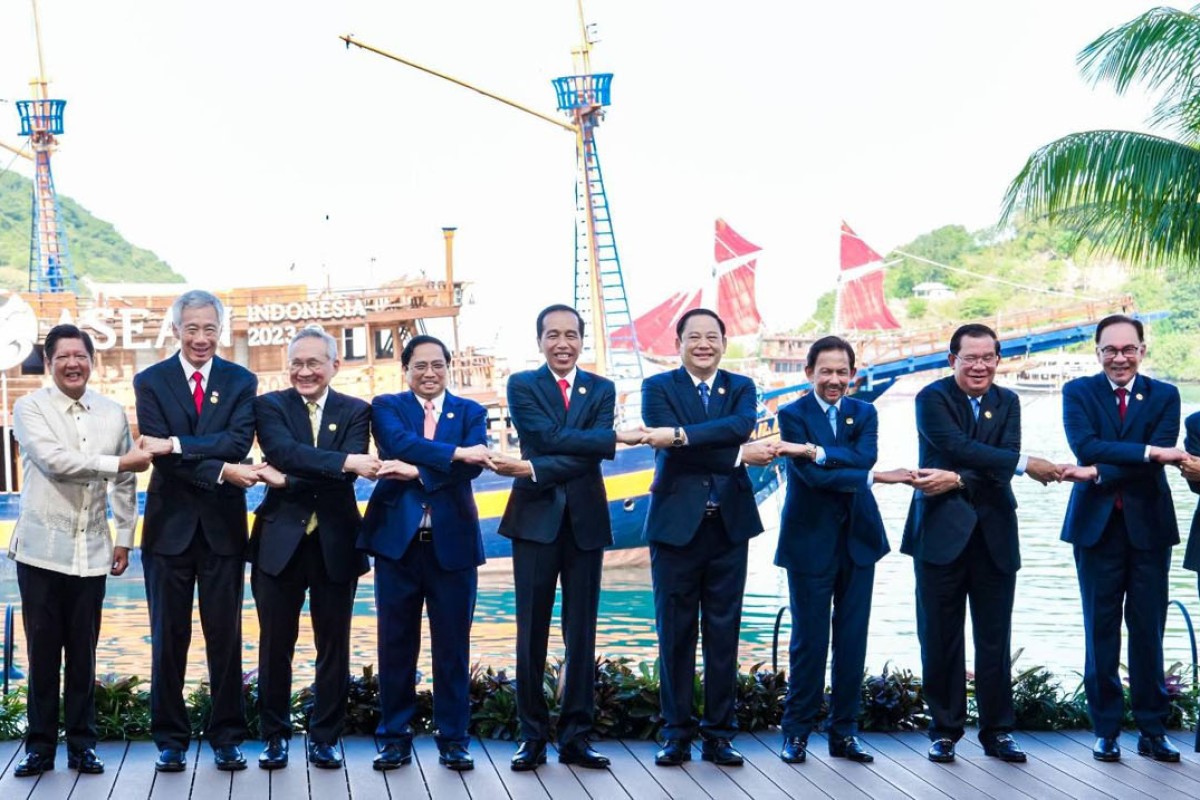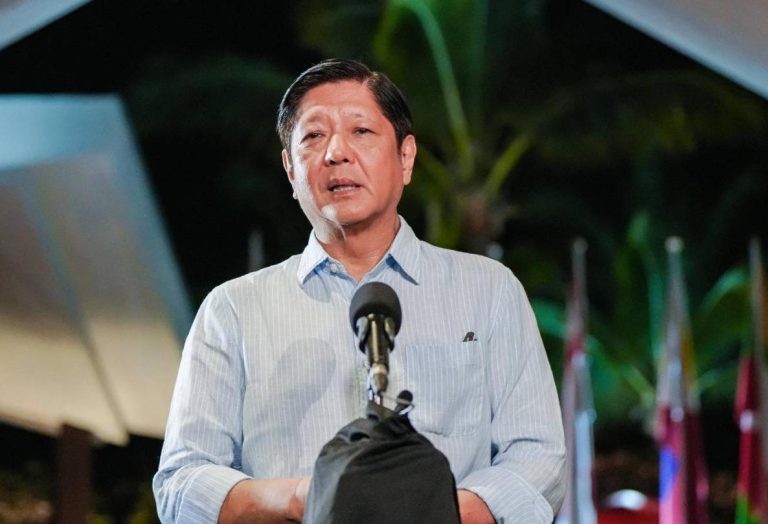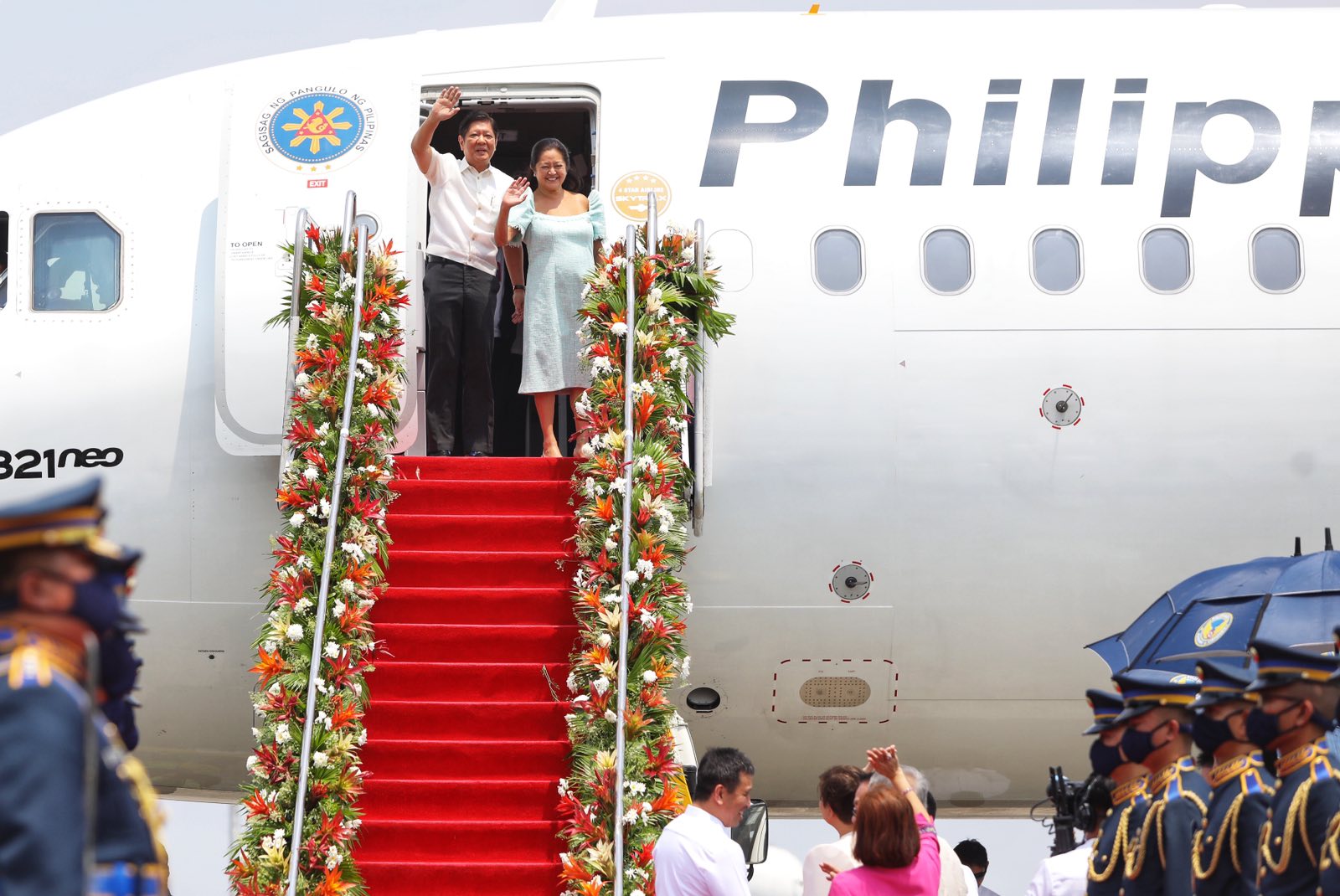QUEZON CITY (PIA) -- President Ferdinand R. Marcos Jr. called for unity among ASEAN member states in urging developed countries to fulfill their longstanding commitments to the Paris Agreement during his speech at the 42nd ASEAN Summit Plenary Session on Wednesday, May 10.
“Developed countries have a moral obligation to support adaptation and mitigation efforts of the most vulnerable countries through technology transfer, capacity building, and climate financing, this to address loss and damage, and to achieve necessary breakthroughs for climate action at a global scale,” the President said.
Recognizing that the climate crisis poses an existential threat to the world, especially to vulnerable countries like the Philippines, President Marcos urges the commonality of the member states in tackling these shared challenges.
“Although developing countries such as the Philippines only account for less than one percent of global emissions, our countries bear the brunt of the devastating impacts of climate change,” President Marcos pointed out.
Moreover, the Philippines recognizes biodiversity can complement and synergize with ASEAN’s initiatives in climate change, contributing to efforts toward a more sustainable and resilient future.
The conservation and sustainable use of biodiversity is an intergenerational responsibility that the Philippines is proud to support through the ASEAN Center for Biodiversity.
The President also underscores the important role of youth in addressing pressing challenges such as climate change, environment, and biodiversity among others.
In his intervention during the ASEAN Leaders’ Interface with Representatives of ASEAN Youth, Marcos said Filipino youths are at the forefront of advocacies to mitigate and adapt to the effects of climate in the Philippines and can be replicated throughout all of ASEAN.
One of the initiatives is leading the declaration of the annual ASEAN Youth in Climate Action and Disaster Resilience Day held on the 25th of November to promote awareness and provoke positive action among the youth to address climate change and galvanize disaster risk reduction efforts.
“Since 2018, the Philippines, with the support of various partners and stakeholders, has ensured the conduct of annual celebrations and involvement of youth leaders from all ASEAN Member States (AMS) in the activities,” Marcos said.
Further, the President has also brought up the need for the regional grouping to transition to renewable and alternative energy technologies.
“Recognizing that a cleaner energy future is anchored on the supply of critical minerals, ASEAN should now start enhancing regional cooperation towards boosting the region’s strategic industrial metals and minerals value chain,” Marcos said.
The Philippines, for one, will take “bold steps to transition to renewable and alternative energy technologies in a secure and sustainable manner.” The country is rich in critical metals like aluminum, nickel, and chromite, which are energy efficient to produce.
The minerals industry value chain represents the stages and processes that a minerals project goes through to produce mineral products, with each stage representing a value-add to the previous.
Among the major stages of the minerals industry value chain include geoscience, exploration, project development, mining, and minerals processing. (KSAA – PIA CPSD with information from PCO)






